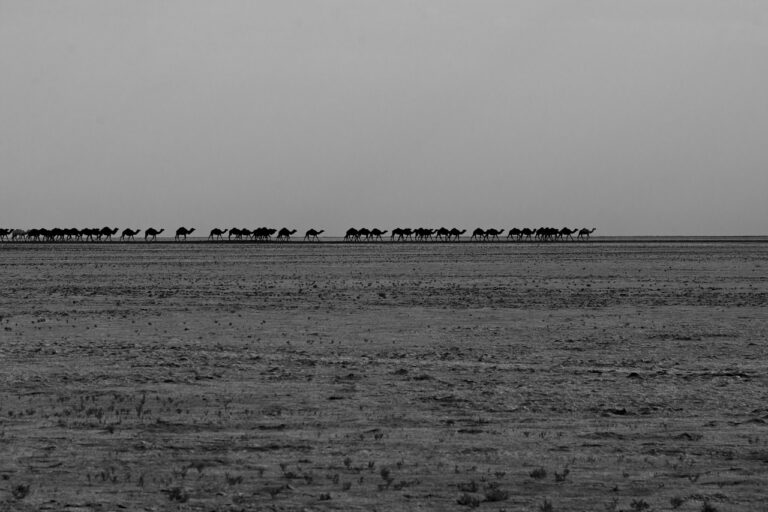The Role of Fragrance in Cultural Customs and Rituals Across Different Cultures: Gold bet, Tiger exch login, Betbook250
gold bet, tiger exch login, betbook250: Fragrance plays a crucial role in cultural customs and rituals across various societies around the world. The use of scents has been ingrained in human history for centuries, serving as a means to communicate emotions, social status, and spiritual beliefs. Let’s explore how different cultures incorporate fragrance into their traditions and ceremonies.
The Middle East: A Region of Rich Scents
In the Middle East, fragrance holds significant importance in daily life and special occasions. The use of luxury perfumes and incense dates back to ancient civilizations such as Mesopotamia and Egypt. Today, scented oils, bakhoor (wood chips soaked in fragrant oils), and perfumes like oud and rosewater are commonly used in ceremonies like weddings, religious festivals, and hospitality rituals.
India: A Land of Aromatic Traditions
India is known for its vibrant and diverse culture, where fragrances play a vital role in traditional customs. Scented oils, flowers, and incense are used in religious ceremonies, weddings, and social gatherings. In Hindu rituals, each deity has a preferred fragrance, and specific scents are associated with different gods and goddesses.
Japan: The Art of Kodo
In Japan, the practice of Kodo, or the way of incense, is a highly respected cultural tradition. Incense is burnt in ceremonies to purify the air and create a sense of harmony. Different scents are used to mark the changing seasons and evoke specific emotions. The use of incense in tea ceremonies, meditation practices, and other rituals reflects the Japanese appreciation for subtlety and refinement.
Africa: A Continent of Diverse Aromas
In Africa, fragrance is deeply intertwined with cultural identity and spirituality. Traditional practices like smudging, using aromatic plants, and wearing perfumes made from natural ingredients are common across different tribes and regions. Fragrance is used to connect with ancestors, ward off evil spirits, and mark important life events.
The Americas: A Blend of Indigenous and Colonial Traditions
In the Americas, both indigenous and colonial cultures have contributed to the use of fragrance in customs and rituals. Native American tribes use sacred herbs like sage, sweetgrass, and cedar for smudging ceremonies and spiritual healing. In Latin American countries, Catholic rituals incorporate incense in church services and processions to honor saints and religious icons.
Europe: A History of Perfume and Elegance
In Europe, the tradition of perfume-making dates back to ancient civilizations like Greece and Rome. Fragrances have long been associated with luxury, elegance, and sophistication. European customs like the use of scented candles, perfumes, and potpourri in homes and special events reflect a cultural appreciation for beauty and refinement.
FAQs:
1. How does fragrance enhance cultural rituals?
Fragrance adds a sensory dimension to rituals, connecting participants to tradition, spirituality, and social customs.
2. What are some common scents used in cultural ceremonies?
Common scents include oud, rosewater, frankincense, sage, lavender, and jasmine, among others.
3. How have modern trends influenced the use of fragrance in cultural customs?
Globalization and commercialization have led to the spread of new scents and products, influencing traditional fragrance practices.
In conclusion, fragrance serves as a powerful tool for expression, communication, and connection in cultural customs and rituals around the world. From the Middle East to the Americas, scents play a vital role in shaping cultural identity, spirituality, and social interactions. Embracing the diversity of fragrance traditions can lead to a deeper understanding and appreciation of different cultures and their unique customs.







